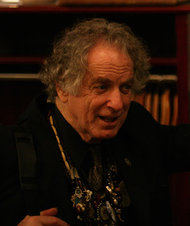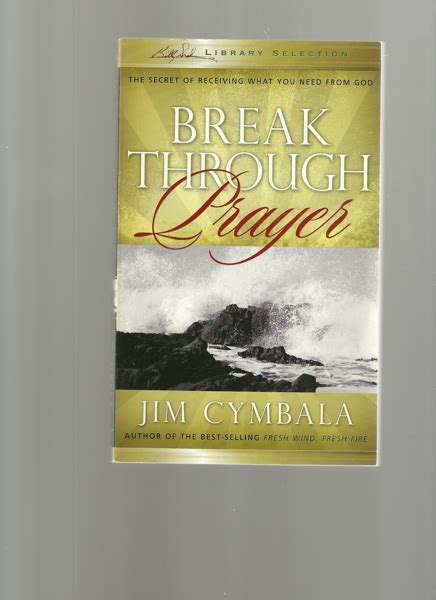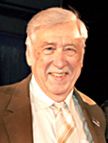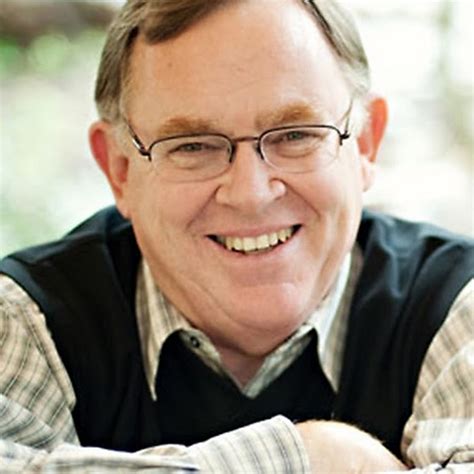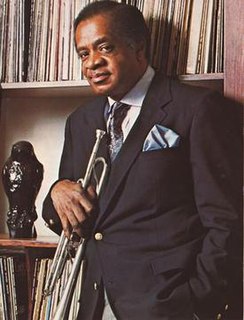A Quote by David Amram
In a jazz atmosphere, the audience members were so quiet and respectful of the musicians that you felt you were almost part of a meeting at a church or a temple, where everyone was completely in tune with the sermon and what the whole event was about.
Related Quotes
I visited New York in '63, intending to move there, but I noticed that what I valued about jazz was being discarded. I ran into `out-to-lunch' free jazz, and the notion that groove was old-fashioned. All around the United States, I could see jazz becoming linear, a horn-player's world. It made me realize that we were not jazz musicians; we were territory musicians in love with all forms of African-American music. All of the musicians I loved were territory musicians, deeply into blues and gospel as well as jazz.
I was pregnant with my youngest child at the time, writing about mass death while I'm growing this precious little life inside me. Here I am, worried about everything I eat and drink and whether I walk past a smoker, and meanwhile I'm writing about an event where almost three hundred children were slaughtered. Most were never identified and are buried in a mass grave in Oakland. It was surreal. But it felt good to give Jim Jones's victims a voice, especially ordinary church members.
When I started meeting members of the hijra community, it was a whole different ballgame. They were like me. This was the first time I felt that I was with other people who were the same as me. It was not about cruising a man, it was not about sleeping with somebody - it was beyond that. It was so much a community, wanting the best for each other, loving each other, caring for each other.
The first century money changers were in the temple, but they didn't have the spirit of the temple... They were out of sync with the whole purpose of the Lord's house. "The atmosphere of my Father's house," Jesus seemed to say, "is to be prayer. The aroma around my Father must be that of people opening their hearts in worship and supplication. This is not a place to make a buck. This is a house for calling on the Lord.
There were positive things about the church, that is, in the European cultural sense, the architecture, the liturgy, the music, the art, such as it was, the stations of the cross in the church, the tradition, and the atmosphere of awe and mystery in the mass. The atmosphere of miracle, one of mainly mystery, that's what fascinates me.
I went to acting school, and there were twenty other actors in my class who were exceptional. It's hard for anybody to get work. When I was trying to get jobs, I felt a responsibility to be respectful of the opportunities and take challenging things that could be interesting both for me as an actor and for the audience.
As long as we see church life as a meeting we’ll miss its reality and its depth. If the truth were told, the Scriptures tell us very little about how the early church met. It tells us volumes about how they shared life together. They didn’t see the church as a meeting or an institution, but as a family living under Father.
